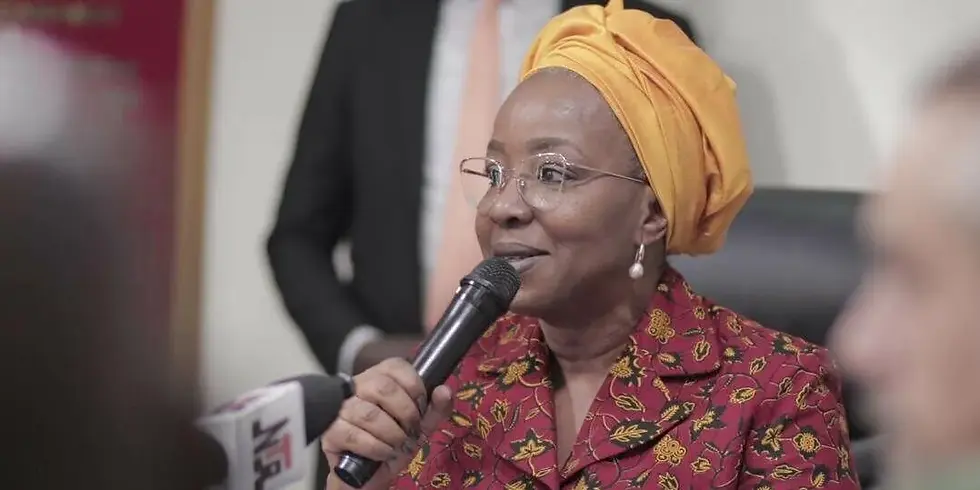The EPI Expands in West Africa
- EPI Secretariat

- Jun 14, 2023
- 1 min read
Burkina Faso has become the 23rd country to join the Elephant Protection Initiative. The EPI is a pan-African alliance of countries dedicated to the conservation of elephants and the harmonious co-existence of elephants and people.
Burkina Faso’s Minister of the Environment, Water and Sanitation, His Excellency Dr Augustin Kabore, said:
“By joining the EPI, the government of Burkina Faso demonstrates its determination to conserve its important elephant population, estimated at more than 6,000 animals, and we look forward to working with its secretariat and fellow member countries to achieve this objective.”

John Scanlon AO, CEO of the EPI’s secretariat, the EPI Foundation, said:
“Burkina Faso has West Africa’s largest remaining elephant population. Its accession to the EPI is welcome evidence of its determination to protect those elephants, stop any trade in ivory, and ensure its people benefit from these conservation efforts.”
Africa’s elephant population has fallen dramatically in recent decades. There are just over 400,000 elephants in Sub-Saharan Africa, compared with an estimated 1.3 million in 1979.
The EPI was founded in 2014 by the leaders of Botswana, Chad, Ethiopia, Gabon and Tanzania, with a commitment to shut down internal ivory markets, put national ivory stockpiles beyond economic use, maintain the international moratorium on the trade in ivory and develop National Elephant Action Plans.
It has grown rapidly since then.
In December 2022, EPI member states signed a declaration stating that human-elephant conflict (HEC) was fast emerging as the greatest threat to the survival of Africa’s elephants, and warned that if conflicts between people and elephants were not controlled, popular support for conservation would be undermined.




Comments